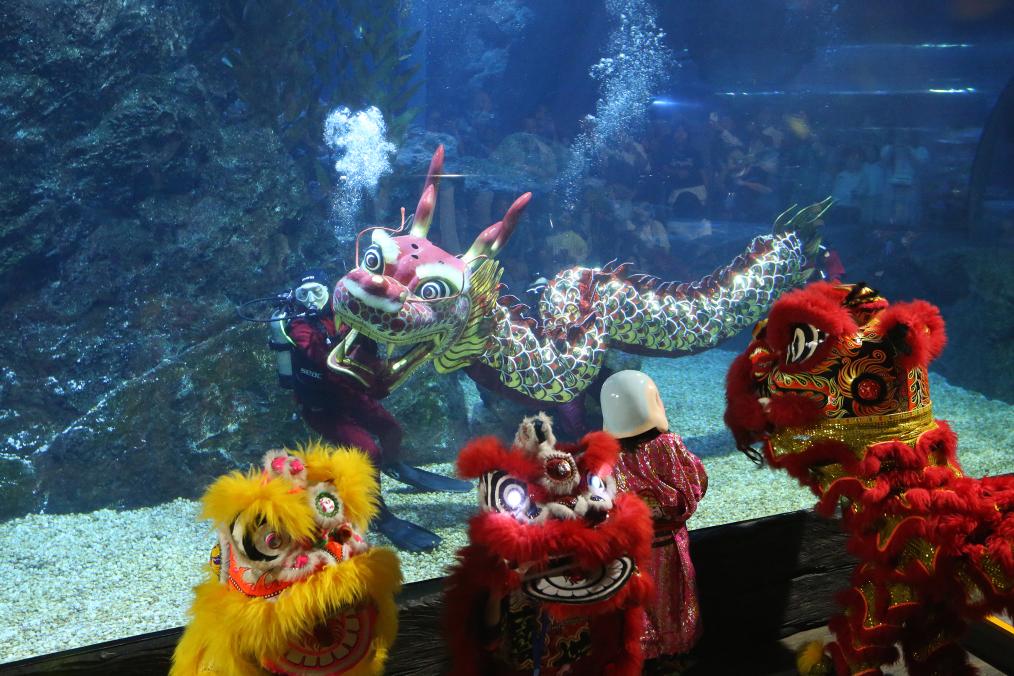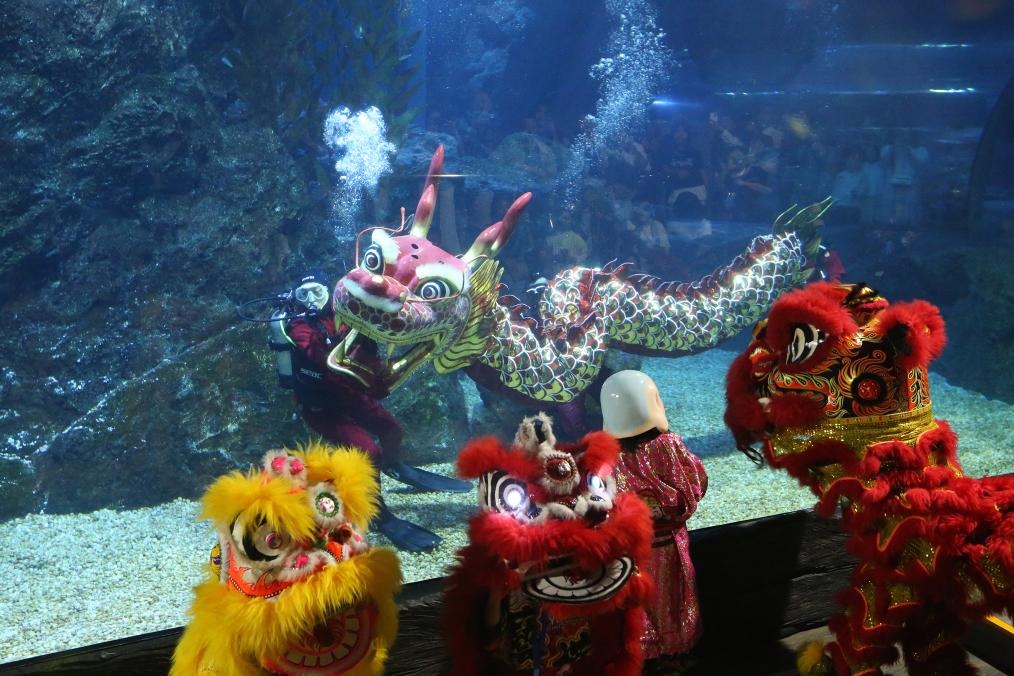Winning hearts through language


"Speaking English, you may access the minds of the Thai people. Speaking the Thai language, however, will lead you to the heart of the Thais." That was a word of wisdom I received from a Thai scholar early on after arriving in the country in late 2022 to serve as China Daily's chief correspondent in Thailand.
Before I arrived in Bangkok, or Krung Thep, which means "City of Angels" in the Thai language, I was thinking of using English as my go-to language in the kingdom. Thai script, with countless curves and diverse angles, was a world-class puzzle to me.
My assumption was that since the kingdom is a popular global tourism destination that welcomes millions of international tourists every year, local people would be able to speak English, more or less. So, I can lean on English.
I was naive! Sure, English is widely spoken in Thailand among the well-educated strata or the staff in the service sector, in conversations carried out in settings such as restaurants, hotels and hospitals, or for normal greetings.
I have to say that some of my interviewees, such as senior officials and company executives, had little difficulty communicating in English and a few of them could even speak like a native English speaker due to their overseas education.
But for everyday interactions, including government weekly news conferences or forums and seminars, where senior officials or experts share their insights, the language used was only Thai. In most cases, there will be no interpreters. As some officials said, "I can fully express what is in my mind only in the Thai language".
Moreover, one of the most important jobs of a journalist is to listen to the general public and go deep into the grassroots to take note of the voices of the majority of society. But, how do you do that? Being not able to speak Thai, you can never achieve that goal.
So I decided to learn Thai, starting with the spoken language as an easier option. From words to sentence structures, it took nearly five months for me to prepare and gain enough confidence to begin trying out what I had learned.
The result was stirring.
Every time I successfully ordered meals in restaurants speaking Thai, the nod from the service staff increased my enthusiasm to learn more. Or, when I introduced myself or responded to an interviewee in simple Thai words, the look of surprise on their faces, and appreciation, was gratifying, and that encouraged me to go further in learning the language.
Thanks to my elementary Thai language skills, I have made more and more Thai friends, who not only contributed a lot to my language learning but also opened my mind to know the kingdom more, gaining knowledge that a foreigner may never get to know from reading the Michelin Guide or trawling social media platforms.
It is universally recognized that the Thais are a friendly and hospitable people who always have a big smile on their faces. But once they know that a foreigner can speak a little Thai, they say gaeng ma — which means "awesome" in English — displaying their genuine appreciation.
Another interesting fact is that I found more connections between China and Thailand through the language, due to the two countries' long friendship and the fact that the ancestors of many Thai people migrated from China.
For example, the Thai word, choke, meaning porridge, may sound similar to the pronunciation of the word in Mandarin. Names of some Thai foods like kway teow (rice noodle) and bakmee (egg noodle) are pronounced in a way that sounds similar to the Teochew or Southern Hokkien dialects.
Language is the fundamental way people exchange information, ideas and build relationships. In cross-cultural settings, it becomes even more vital as it acts as a bridge between different cultural perspectives.
Although many Thai people trace their ancestors to China and they still hold onto Chinese traditions such as celebrating the Spring Festival and praying at temples to Chinese Gods during traditional Chinese festivals, a lot of them still find themselves knowing little about China nowadays.
To enable people of Chinese origin to recognize their cultural roots, language can play a crucial role.
In an increasingly interconnected world, the ability to communicate across languages is essential for diplomacy, international business and fostering global understanding.
Thanks to a mutual visa exemption agreement that has been in force since March last year, there has been a surge in Thai tourist arrivals in China in the past few months. In bilateral trade, Thailand and China have also seen deeper cooperation since the two countries established a comprehensive strategic partnership in 2012.
Amid these developments, there is great demand for Chinese people who can speak Thai and are able to work for both Thai as well as Chinese enterprises, government sectors and civil organizations. While Mandarin has been a widely taught course in Thailand, learning the Thai language may also be a good choice for young Chinese who seek opportunities in Thailand.
As China and Thailand mark the golden jubilee of their diplomatic ties this year, language will be a bridge that brings people from both nations even closer.
The author is the China Daily Thailand Bureau Chief Correspondent based in Bangkok.

































